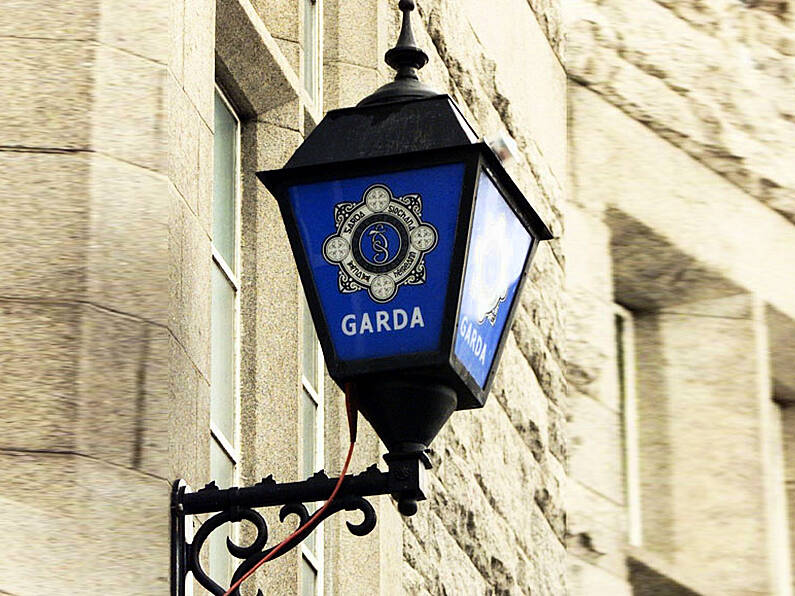Expectant mothers drinking tea may be bad for their unborn baby’s health, a new study shows.
It is not well-recognised that tea contains a significant amount of caffeine, so its consumption should also be taken into consideration when trying to adhere to the guideline caffeine intake limit during pregnancy.
The study, carried out by lead researcher Ling-Wei Chen, Postdoctoral Research Fellow in Nutritional and Life Course Epidemiology, at University College Dublin (UCD), shows a consistent link between both coffee and tea caffeine and adverse birth outcomes.
Mr Chen wanted to know if there is a link between maternal caffeine intake and negative birth outcomes in a population where tea is the main caffeine source.
To do so, researchers used data from an Irish cohort study. The data, on about 1,000 Irish women, provided them with the usual dietary intakes of caffeinated products during early pregnancy.
They then matched these with hospital records of the women’s newborns to get information on the birth size and gestational age at birth.
Tea was the predominant caffeine source for 48% of pregnant women followed by coffee at 39%.
Their analysis, published in The American Journal of Clinical Nutrition, showed a consistent link between both coffee and tea caffeine and adverse birth outcomes.
In the highest caffeine consumption group, the risks of delivering babies with abnormally low birth weight or short gestational age at birth were about two times higher. The results were similar regardless of the caffeine source.
Apart from smaller birth size and shorter gestational duration, maternal caffeine intake has been linked to other negative outcomes for the child, such as a lower IQ.
In a statement, the UCD researchers said: “These findings and other study results, are from observational studies, and observational studies cannot prove that caffeine causes these outcomes, only that there is a link between them.
“To prove causation, scientists would need to conduct randomised controlled trials. However, to do so might be deemed ethically dubious.”
While coffee is the main source of caffeine in most parts of the world (about 100mg per cup), it is less recognised that tea contains a significant amount of caffeine, too (about 33mg per cup).
The study highlighted that brewing methods and types of coffee and tea influence their caffeine contents. For example, caffeine content is higher in brewed coffee than in instant coffee, and it is higher in black tea than in green tea.
The researchers added: “So our findings have potentially important public health implications in countries where a lot of black tea is consumed, such as Ireland and the UK.
“Until more definitive evidence emerges, it is prudent to at least limit caffeine intake during pregnancy or when planning to conceive. It is not well-recognised that tea contains a significant amount of caffeine, so its consumption should also be taken into consideration when trying to adhere to the guideline caffeine intake limit during pregnancy.
“The recommended caffeine intake level during pregnancy differs across health organisations and countries. The World Health Organisation (WHO) recommends an intake of less than 300mg per day.
“In contrast, organisations such as The Food Safety Authority of Ireland and The American College of Obstetricians and Gynecologists recommend an intake of less than 200mg per day.
“However, our study shows an increased risk of adverse birth outcomes even for a maternal consumption level lower than these recommended levels.”






